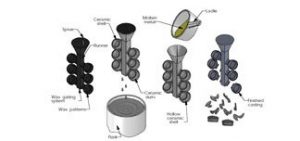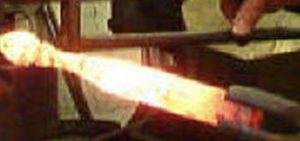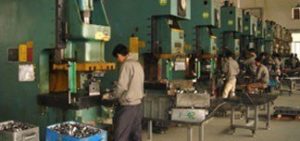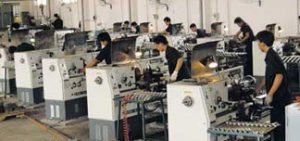Stainless Steel Forming Methods
There are 4 principle stainless steel forming methods that are used to create an item in stainless steel. Once a stainless steel product goes through the above main forming methods, a variety of finishing details will follow.
Investment Casting

Investment Casting (also called lost-wax casting) as its name implies, utilizes the free shape forming of wax followed by 5 layers of ceramic shell made of silicon mallet sand. This process is used for intricate shapes and its strength is primarily derived from the shape of the object as well as the grain of the crystalline structure in the formed metal.

Forging
Forging is often classified according to the temperature at which it is performed: “cold”, “warm”, or “hot” forging. This is the one of the most intensive, expensive, and strongest of the forming methods. Its advantage is that it can be used to yield curved shapes that cannot be achieved with machinging
Stamping

Stamping includes a variety of sheet-metal forming manufacturing processes, such as punching using a machine press or stamping press, blanking, embossing, bending, flanging, and coining. This is typically used on items that are ‘2 dimensional’ and made from plate or bar base stock.

Machining
Conventional machining is a form of subtractive manufacturing, in which a collection of material-working processes utilizing power-driven machine tools, such as saws, lathes, milling machines, and drill presses, are used with a sharp cutting tool to physically remove material to achieve a desired geometry. This is the process that is used when an object is referred to as ‘Billet Cut’.